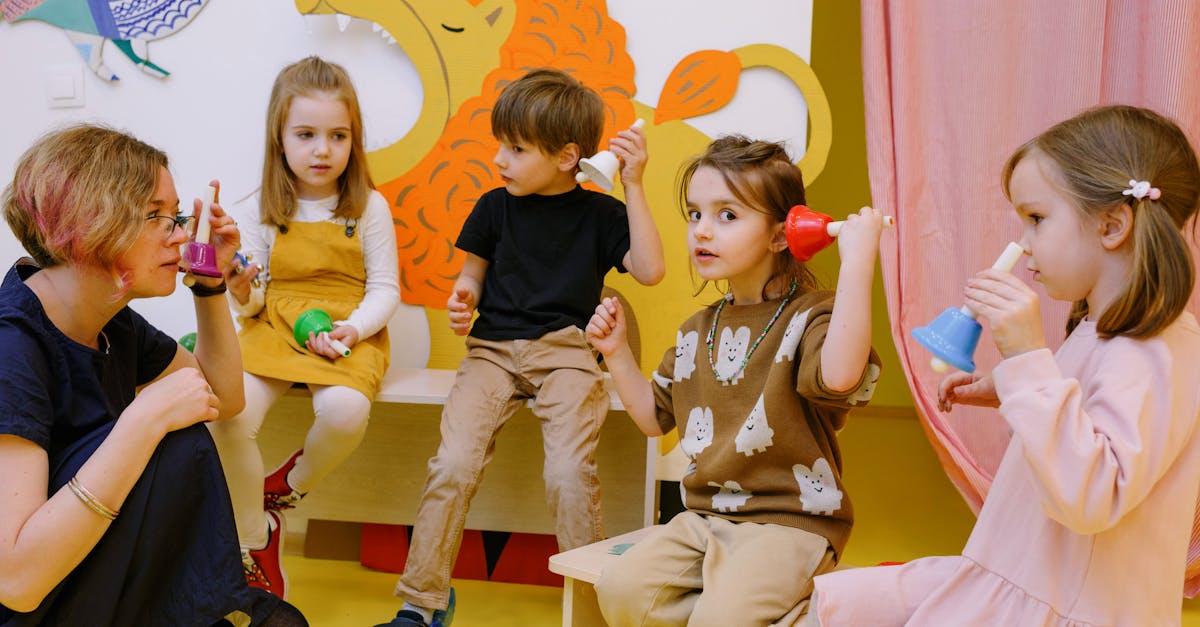Understanding Self-Reflection: Start Young!
Self-reflection in kids can start early. Begin with simple daily questions. For example, ask, What made you happy today? This encourages them to think about their feelings and actions. When integrated into a faith context, kids link their experiences back to spiritual principles. Doing this daily can create a habit of introspection. Remember, the key is consistency. Keep it light and encouraging, avoiding any pressures.

Importance of Self-Reflection in Faith
Self-reflection can deepen one’s faith. When explaining this concept to kids, keep it simple and relatable. Help them understand how reflecting on their behavior can make them kinder and more compassionate individuals.
Using stories from religious texts can make the idea more engaging for children. Encouraging their imagination and keeping their interest alive is key. Adding a touch of humor can also make the learning experience enjoyable!

Remember, self-reflection is a powerful tool that can help in personal growth and spiritual development.
Fun Ways to Teach Introspection
Turn introspection into a fun activity. Use a ‘Reflection Jar’ where kids can drop notes about their feelings. Another idea is a ‘Gratitude Journal’ that they can decorate themselves. These activities make introspection a tangible experience and not a boring task. Playful learning keeps them interested and willing to participate.

Addressing Emotional Challenges
Kids face emotional challenges like everyone else. Teaching introspection helps them navigate these emotions. They learn to recognize what they’re feeling and why. This builds emotional intelligence.
Address these challenges by being open about your own feelings too. Sharing your own experiences makes the topic less daunting.

Practical Tips for Parents
Practical tips for parents: lead by example. Kids mirror adult behaviors. Show them you practice self-reflection too. During family time, share a lesson you learned that week. Use bedtime stories with moral lessons as discussion starters. Use positive reinforcement to celebrate their efforts in introspection.

Implementing these strategies can help nurture a culture of introspection and growth mindset in your family.
Encourage Conversations and Interaction
Encourage open dialogue. Ask open-ended questions that get kids talking about their feelings and thoughts. Foster a safe space where they feel comfortable sharing. Encourage them to listen to others’ experiences too. This not only enhances their reflective skills but also promotes empathy.
Reader interaction is key; share your own stories and invite other parents to do the same.

